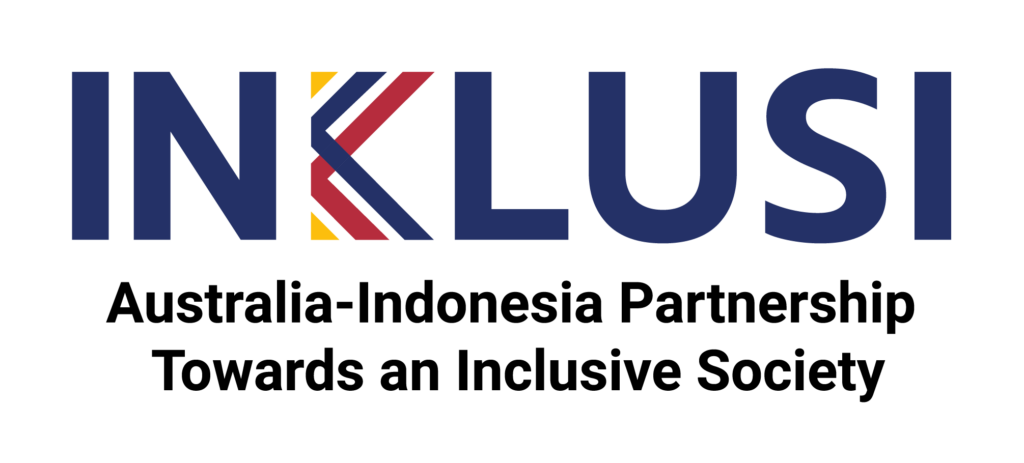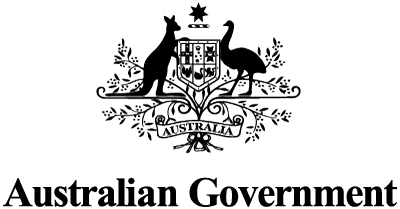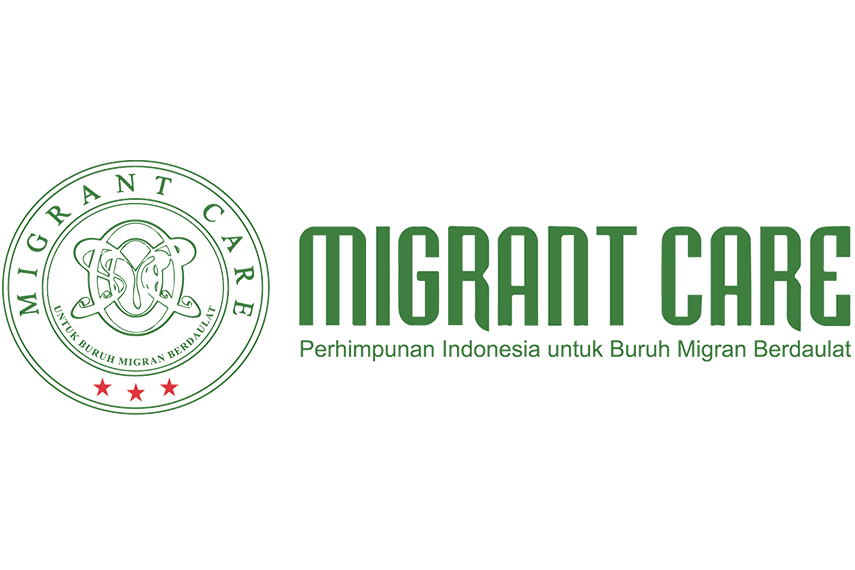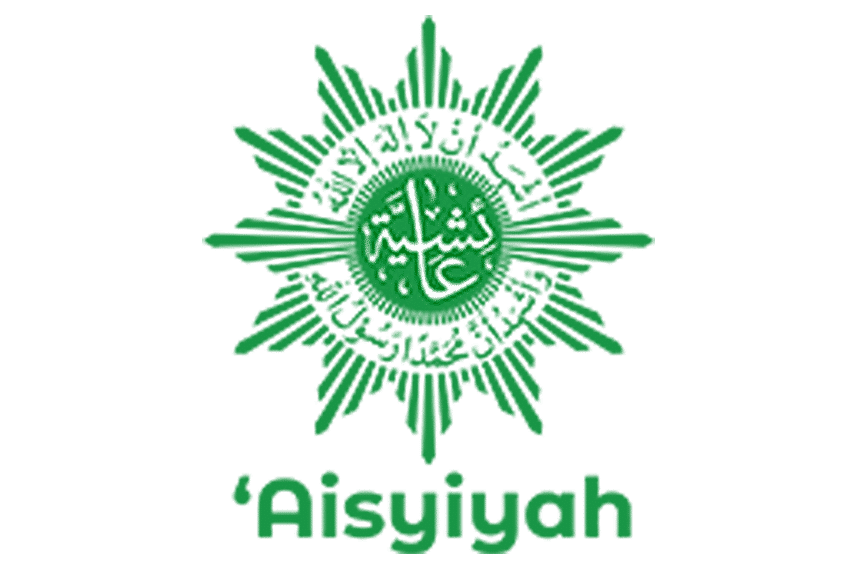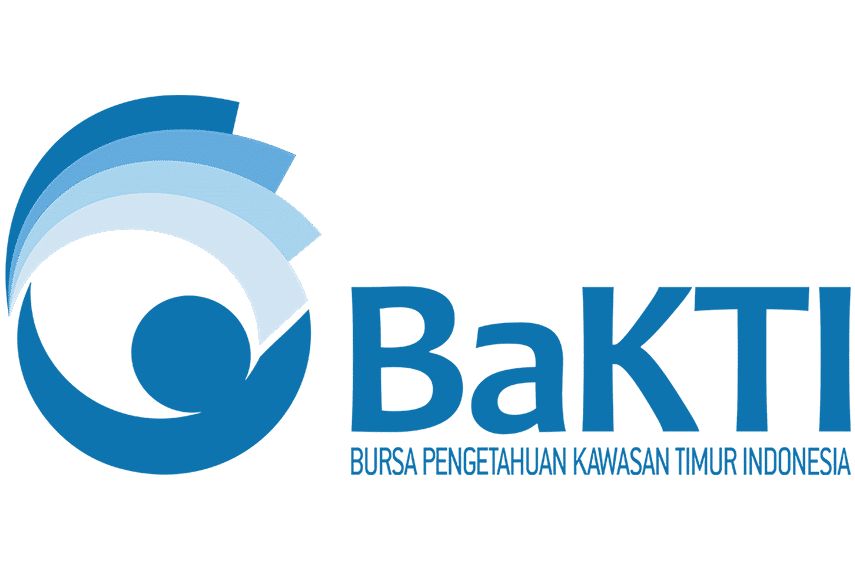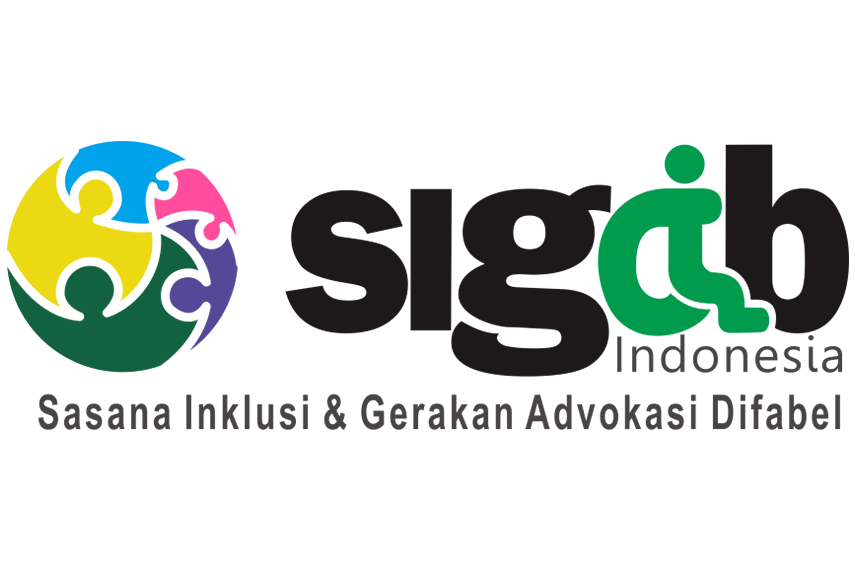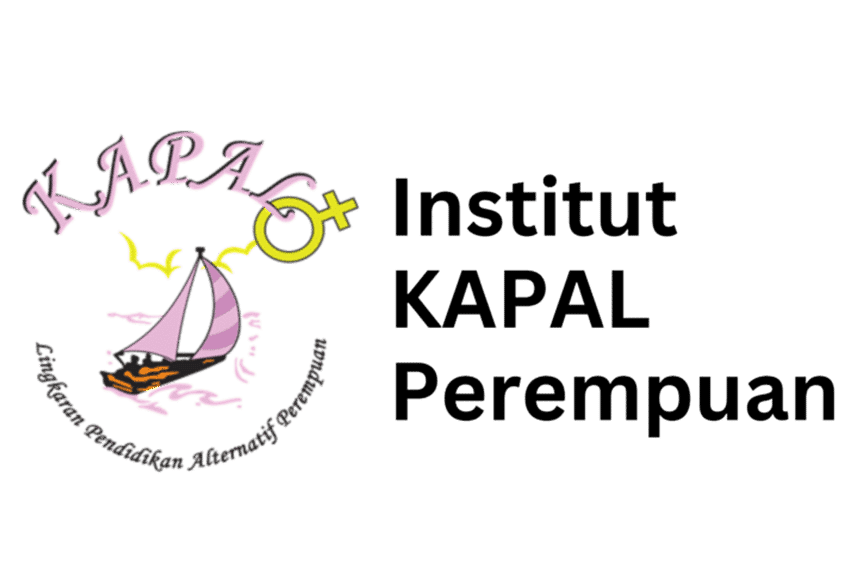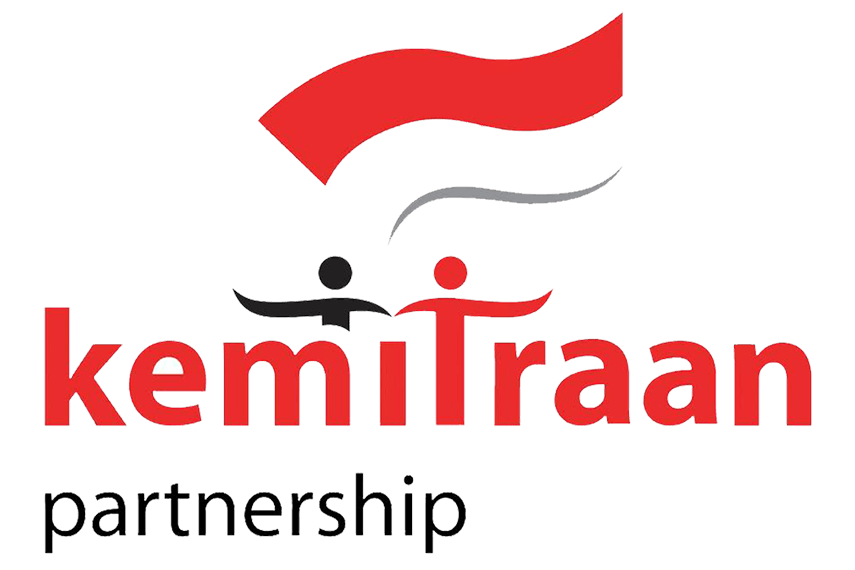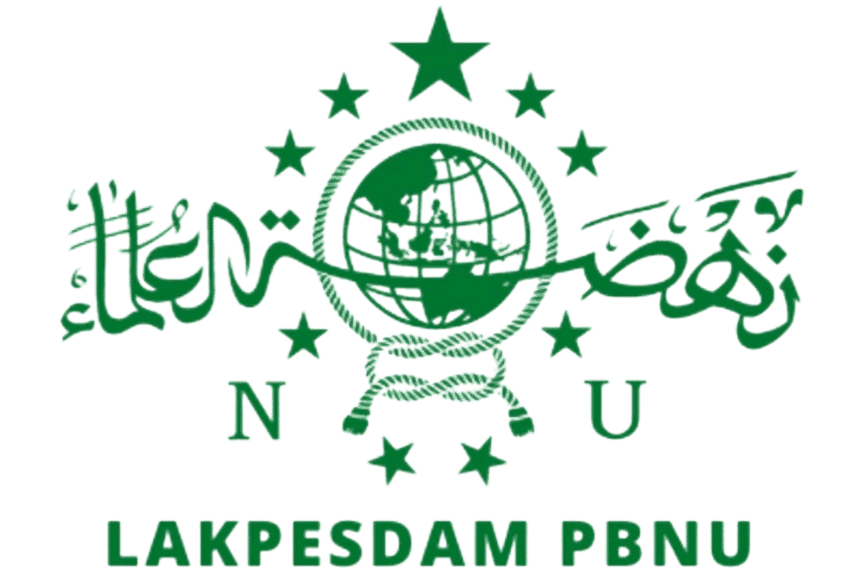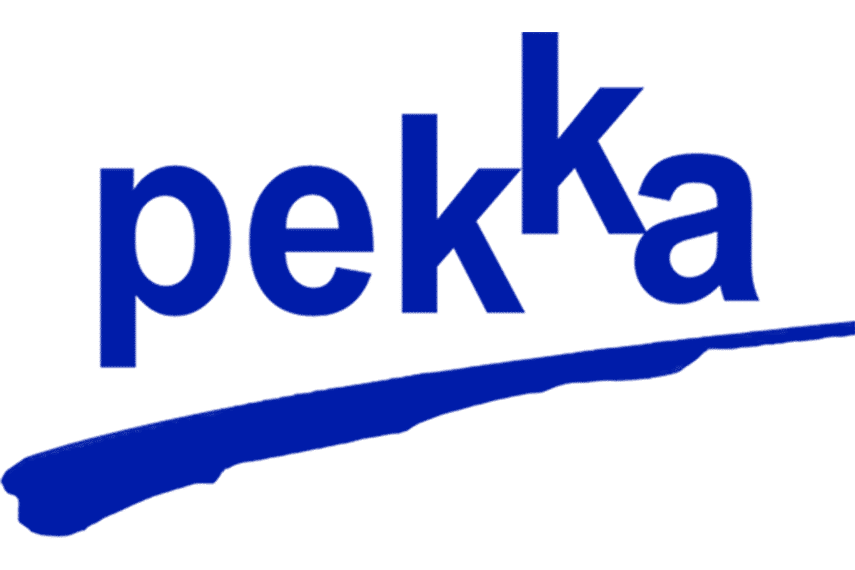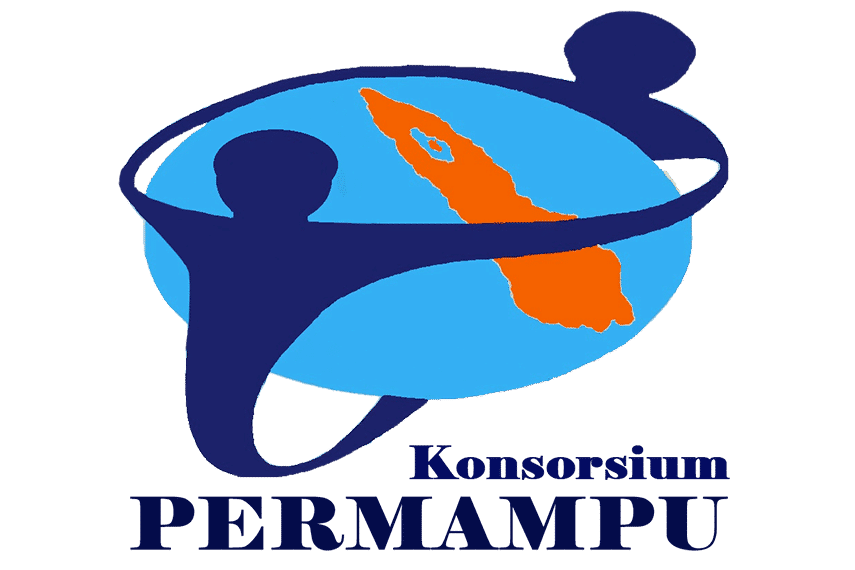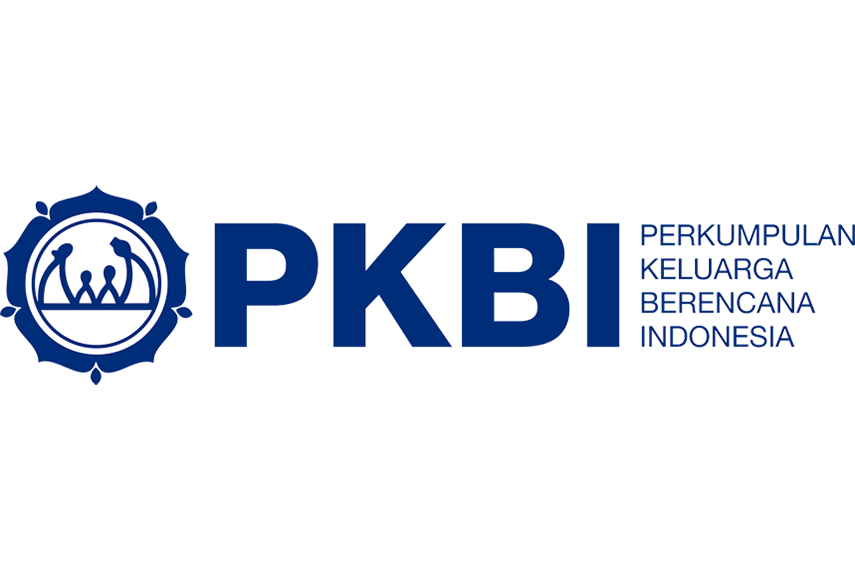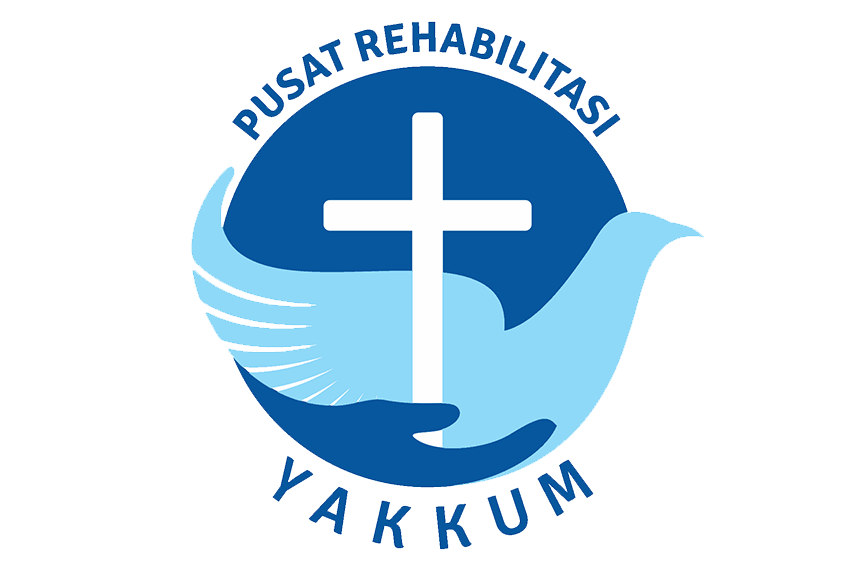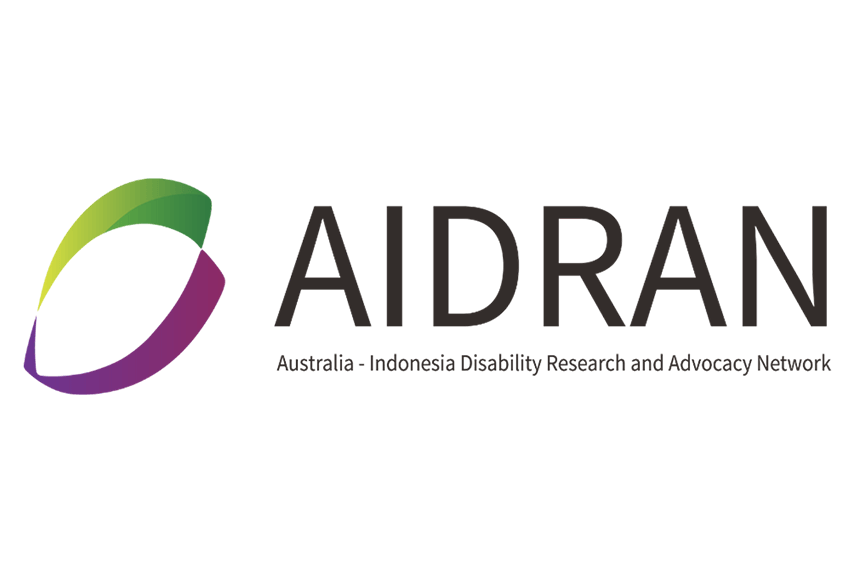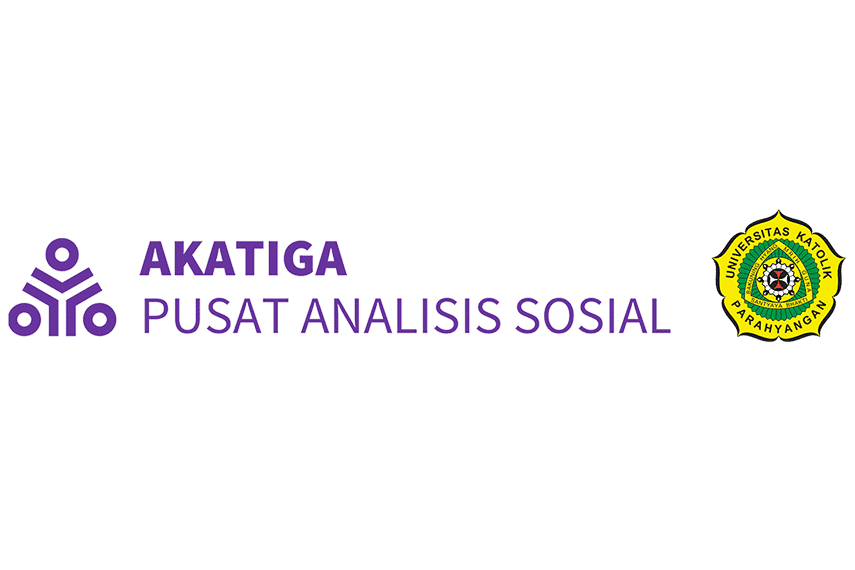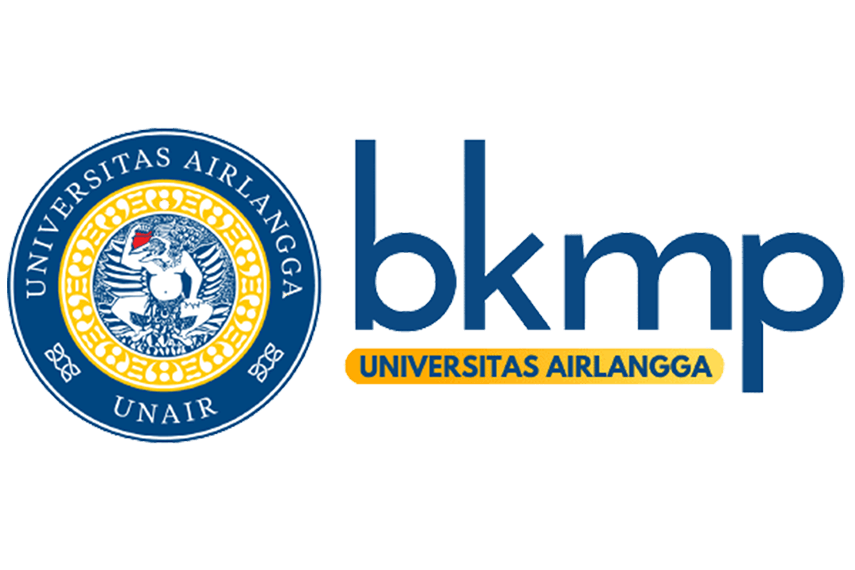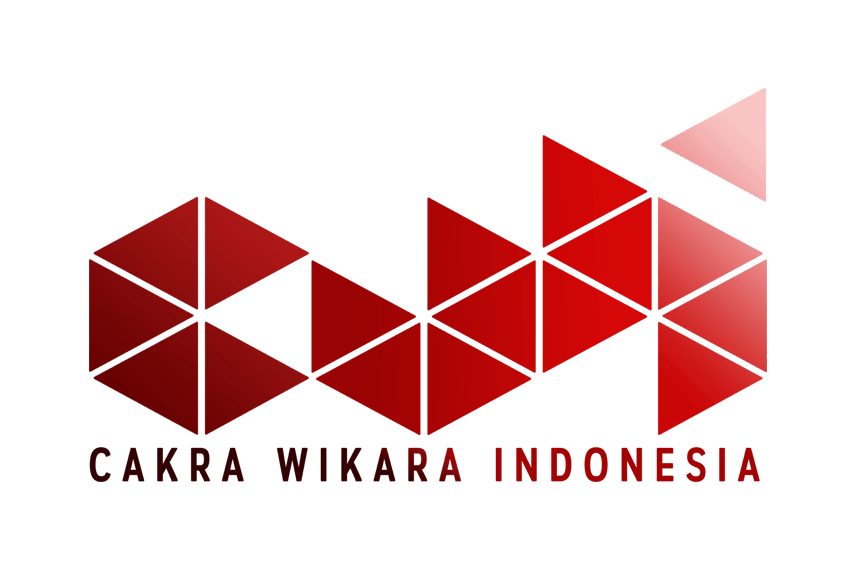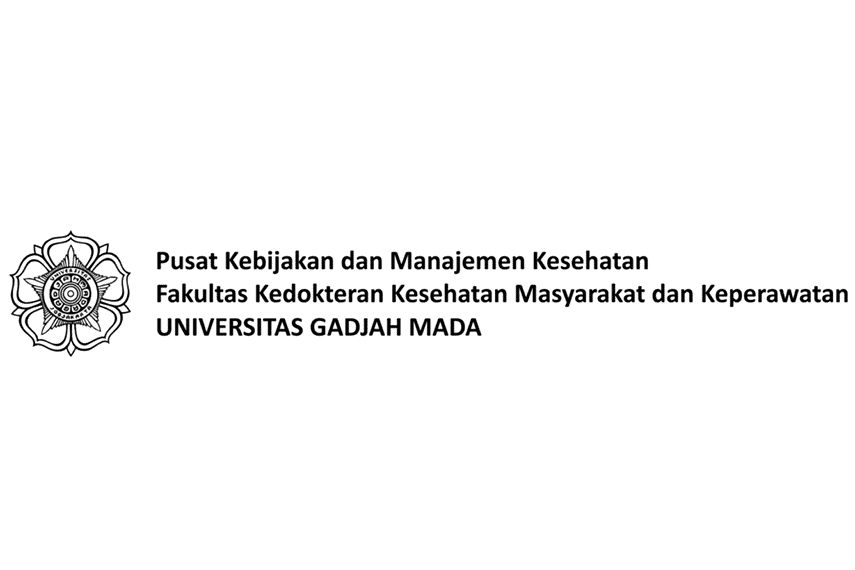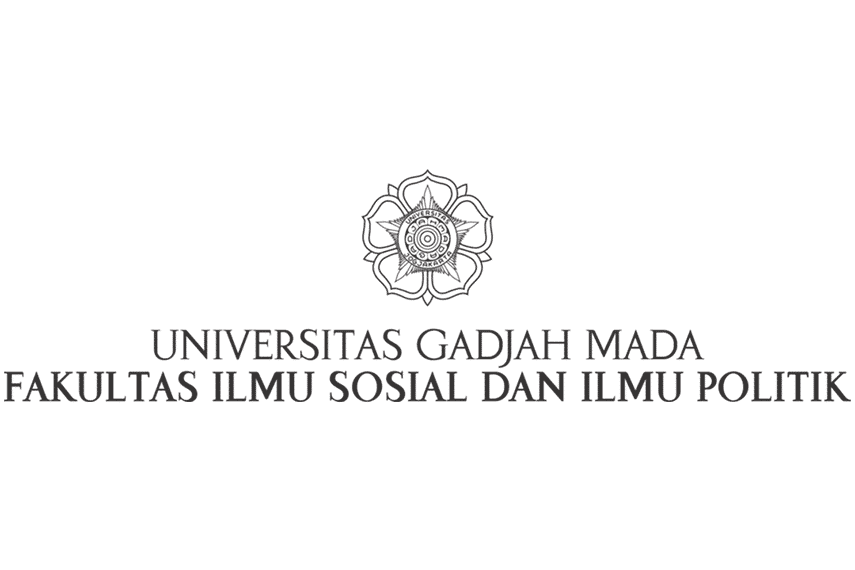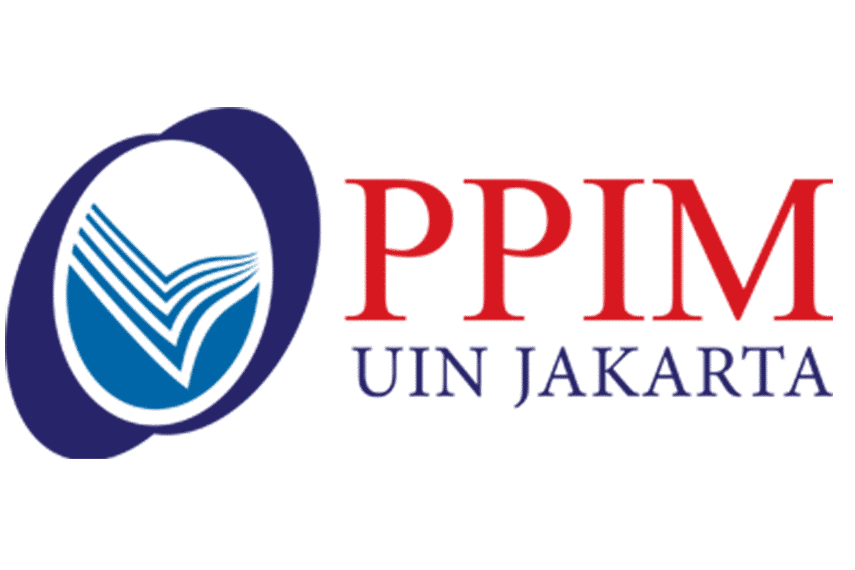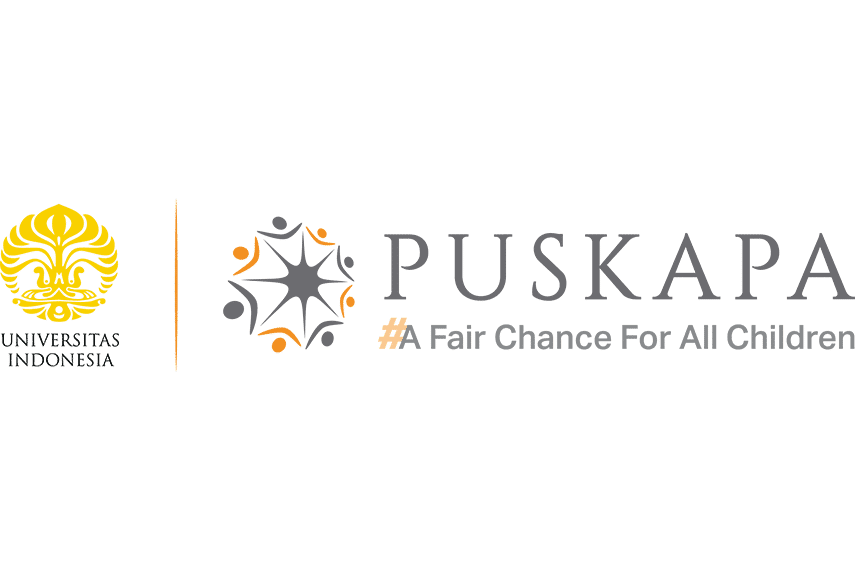Program’s Goal
To ensure that communities of women migrant workers and other marginalised groups gain fair, equitable, productive, and sustainable benefits through access to decent and safe work, social protection (including worker and health security), and safe, high-quality migration services.
Program’s Focus
- The Integrated Service Center as a center for safe migration services at the village level
- Improvement of productive economy
- Expansion of coverage of the worker’s social security
- Improvement of access to health services
- Political participation and development planning
Program Strategy
- Capacity building for civil society organisations (Migrant CARE and local partners).
- Organisation and empowerment of migrant worker communities and their families so they can access economic resources, political participation, and safe migration services.
- Encouraging improvement in the management of worker migration and legal frameworks/policies that provide access to justice and social protection, including worker social security and health security for migrant workers, their families, and other marginalised groups.
Activities
Village that Cares for Migrant Workers (Desa Peduli Buruh Migran/ DESBUMI)
DESBUMI is a village-based service model created by Migrant CARE with support from the MAMPU Program, designed to help migrant workers access information on safe migration and understand their rights. Through the INKLUSI Program, Migrant CARE continues to enhance DESBUMI by establishing Integrated Service Centers and partnering with village governments to support migrant workers and their families before, during, and after migration. DESBUMI provides a range of services, including information dissemination, guidance on migration options and workers’ rights, case management and referrals, data collection, document assistance, post-migration skills training, and support for developing alternative income sources.
Economic strengthening and empowerment
Strengthening migrant worker communities through the formation of worker cooperatives and building economic capacity with training in financial management, product quality enhancement, and digital marketing. Migrant CARE also partners with the private sector to help market cooperative products online and broaden their market reach.
Community organising and capacity building
Migrant CARE strengthens migrant worker communities through ongoing assistance, regular community meetings, and access to meeting spaces. Communities are encouraged to participate in village, district, and national forums, including development planning meetings (Musrenbang) at all levels. Capacity building is provided through various training, empowering community members to engage actively in policy advocacy and lobbying at the village and district levels to promote programs and budget regulations that support migrant workers and their families.
Expected outcomes
- Indonesian migrant worker communities and other marginalised groups gain access to safe, high-quality, inclusive, and gender-equitable migration services, including social protections such as worker and health insurance, and protection from violence and human trafficking.
- Migrant worker communities, former migrant workers, and other marginalised groups experience income growth through productive economic activities.
- National and subnational governments provide decentralised protection services for migrant workers at village, national, regional, and international levels, working to safeguard migrant workers and combat human trafficking and modern slavery.
Achievements
Throughout the INKLUSI Program implementation until July 2024, Migrant Care has achieved the following:
- >1125 marginalised people accessed the services provided by the community-based groups with support from INKLUSI
- >296 marginalised people accessed government services and other external services
- >198 marginalised people received capacity-building trainings to participate in decision-making forums or processes
- >458 marginalised people participated in public decision-making processes or forums
- >7 former migrant worker cooperatives were established and provided economic benefits to former migrant workers
- >596 marginalised people became members of the former migrant worker cooperatives that were established and operate
Safe migration services managed by the village community and government
Through 62 Integrated Service Centers (PPT), migrant worker communities, their families, and village governments collaboratively offer inclusive, gender-sensitive services aimed at ensuring safe migration practices and access to justice for women migrant workers and their families. These PPT services strengthen village governments’ implementation of Law No.18/2017 on the Protection of Indonesian Migrant Workers, enhancing social security coverage and quality for migrant workers. Community members and prospective overseas workers can access PPT services for information on safe migration, assistance with obtaining legal identity documents, and access to government protection services.
Strengthening DESBUMI Group Cooperatives
In this quarter, seven migrant worker cooperatives across seven districts have grown stronger and more active, with increased assets and capital. Former migrant cooperatives have also begun collaborating with local governments at both village and district levels.
The cooperative leadership, which includes DESBUMI group members, now has a clearer understanding of their roles and responsibilities in managing the cooperative. Although they still require assistance in some areas, their increased awareness and motivation have driven them to innovate in marketing strategies and seek additional capital sources.
Inclusive Participation of Former Women Migrants in Development Planning
This quarter, the Ikamita Group from Tambakprogaten Village in Kebumen District, Central Java, shared their efforts to engage with the village government. They aim to incorporate human trafficking awareness and safe migration into the village’s 2025 development planning program.
Additionally, steps have been taken to integrate migrant worker issues into the National Mid-Term Development Plan (RPJMN). Several regions have also started revising or creating local regulations to enhance protections for migrant workers and their families.
